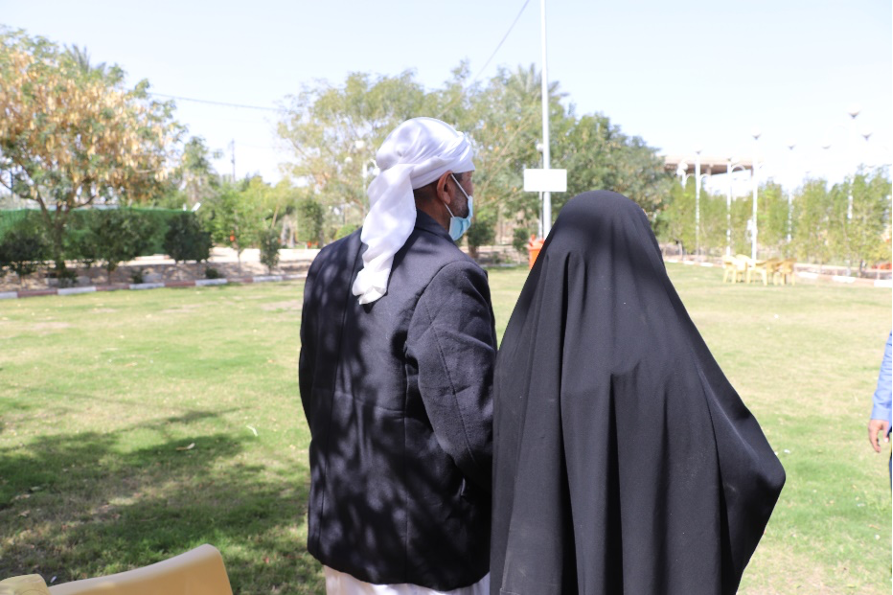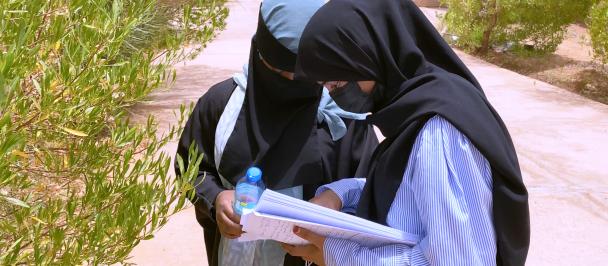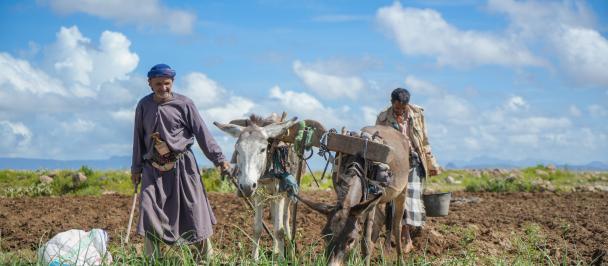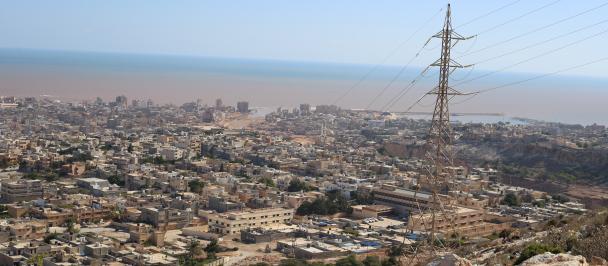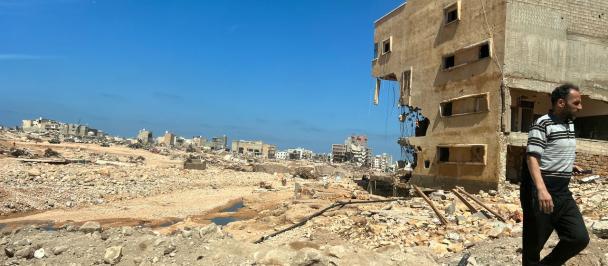“We faced many challenges. We left everything behind, even our cars. We fled only with the clothes on our backs.” Ahmad, member of a family perceived as ISIL-affiliated from Anbar Governorate.
After the end of occupation by the Islamic State in Iraq and the Levant (ISIL) in Iraq, many humanitarian efforts focused on helping those who fled their homes due to violence. Three years later, the dust has settled, and we now ask: who is still left behind? A large population of Iraqis who are perceived to be affiliated with ISIL remain uprooted, making up a key portion of the 1.2 million overall currently displaced. With Japan's support so far, over two million individuals in Iraq have directly benefitted from key infrastructure rehabilitation through UNDP Iraq’s Funding Facility for Stabilization Programme, which has assisted 4.8 million internally displaced persons (IDPs) to return home.
This year, thanks to support from the Government of Japan, UNDP Iraq, through its Social Cohesion Programme, has launched a fulsome project to return 9,000 families to four areas of Iraq along with a full reintegration package. UNDP Iraq’s Community-based Reconciliation and Reintegration Project supports families perceived as affiliated with ISIL in Anbar, Ninewa and Salah al-Din governorates and those affected by increased gender-based violence and harsh economic conditions because of the COVID-19 pandemic. In alignment with Iraq’s National Plan to End Displacement, endorsed in March 2021, the project aims to help those displaced due to conflict between ISIL and the Iraqi military return to their homes.
The families under this project may have had members of their families or some relatives who were associated with ISIL, and they have been stigmatized under circumstances they could not control. These families have been cleared from any reliability or association with ISIL through approved security practices.
“Iraq has a unique social fabric, and by including all members of society in Iraq’s move towards community reconciliation, we promote unity and prevent vulnerable individuals from being marginalized and turning to violence and extremism. We are very grateful to the Government of Japan for their support on this important project,” says Resident Representative of UNDP Iraq Zena Ali Ahmad.
The fragile nature of Iraq’s social fabric means that those who have not yet reintegrated back into their communities will face marginalization, and possibly, radicalization toward violent extremism. During an interview with UNDP, Ahmad and Mariam share their story after fleeing their home in 2014 when their son joined ISIL.
“We were badly affected by our son’s act [joining ISIL]. We left him behind. We know nothing about him. We couldn’t do anything about it because he chose this road on his own and we did not agree.”-Ahmad
Ahmad and Mariam were displaced from their home for five years, returning to their community in Anbar Governorate in 2019 following assistance from the Mayor and Local Peace Committee, supported by UNDP.
Before their return, they lived in an IDP camp in a nearby city.
“The peace committee brought us back with the local mayor. No one spoke against our return. But you know, we couldn’t find anything when we returned to our area. There were no jobs.” - Ahmad
Though Ahmad and Mariam are supported by their local peace committee, they still face stigmatization from some community members due to their affiliation with ISIL.
“Others blame people like us when there’s a robbery. I think, how come? I don’t even have my own belongings. I lost everything. My furniture, my oven, our beds, and I don’t have the money to replace them.” -Ahmad
With generous support from the Government of Japan, the project’s phased approach includes area-based conflict sensitive assessments, facilitation of dialogue, mediation and reconciliation processes relating to the development of local peace agreements, and a full-scale socio-economic reintegration support package in communities of return, including shelter rehabilitation and psychosocial and livelihood programming. In the first phase of the project, 4,000 families will be reached, with a majority of women and children. The project includes an awareness campaign with anti-stigma components to break barriers in communities of return. Families such as Ahmad and Mariam will receive support to assist them during their return to ensure their reintegration is both dignified and sustainable.
By encouraging social cohesion and peace through sustainable development in Iraq, UNDP Iraq’s Community-based Reconciliation and Reintegration Project contributes to the United Nations Sustainable Development Goals, namely through Goal 16 of Peace, Justice, and Strong Institutions.
*Names have been changed to protect the identities of those interviewed.

 Locations
Locations